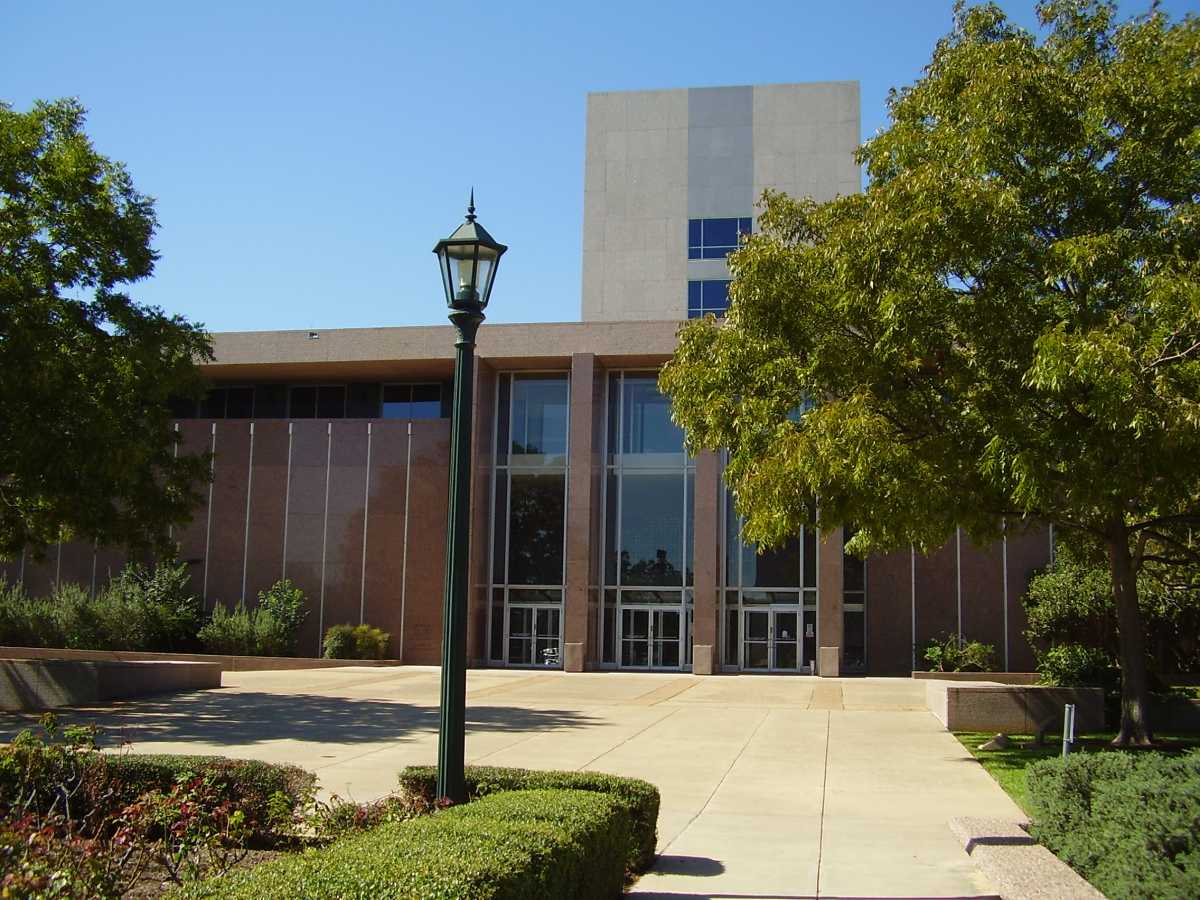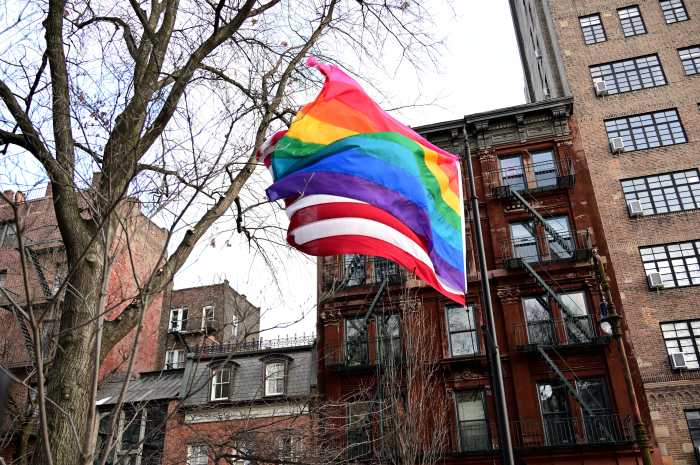Addressing an issue that has been roiling the Texas judiciary ever since the Supreme Court decided Obergefell v. Hodges in 2015, eight members of the Texas Supreme Court signed an order on Oct. 24 adding the following sentence to the comments section of the Texas Code of Judicial Conduct: “It is not a violation of these canons for a judge to publicly refrain from performing a wedding ceremony based upon a sincerely held religious belief.”
The Texas Supreme Court has nine members, but a newly appointed member was not yet on board when this order was signed. There is no indication on the order that the junior member of the court disagrees with this action. All of the members of the Court are Republicans. Supreme Court Justices are elected for six-year terms in statewide elections. If a vacancy occurs during a six-year term, which frequently occurs, the governor can appoint a justice to serve out the term subject to ratification by the State Senate.
In Obergefell, the US Supreme Court held that same-sex couples have a right to civil marriage under the 14th Amendment Due Process Clause of the US Constitution. At the time that decision was announced, a lawsuit was pending in the US Court of Appeals for the Fifth Circuit, challenging Texas’ ban on same-sex marriage, which was embodied in a state constitutional amendment. After Obergefell, the Fifth Circuit ruled against Texas in the pending case, and same-sex marriages began in the state.
Texas judges are authorized to conduct civil marriage ceremonies. Some judges signaled that they were opposed to same-sex marriage, usually citing their religious beliefs. The issue came to a head when the judicial conduct authorities decided that judges, who are sworn to uphold and enforce the US Constitution, could not refuse to perform such marriages based on their personal religious beliefs. However, judges are not required to perform marriage ceremonies, so judges with religious objections began to decline to perform any such ceremonies.
The Texas Supreme Court’s order was not issued in the context of any particular case pending before them and provides no explanation for its decision to add this interpretation to the state’s Code of Judicial Conduct. This action effectively overrules an administrative decision that held that a trial judge who had advertised her refusal to perform same-sex weddings was in violation of the code.
The court’s action resembles many consequential orders issued by the US Supreme Court over the past few months in cases where the Trump administration was seeking to escape from orders by lower federal courts barring the administration from carrying out particular policies or actions while the courts were deliberating over their constitutionality. These orders are customarily issued without any explanation of the legal reasoning behind them, although many of them have given rise to dissenting or explanatory statements by members of the court, leaving lower courts with questions about their precedental meaning.
The Texas Supreme Court’s order pertains only to judicial ethics and is not on its face an interpretation of the state constitution or state laws or regulations, none of which are cited as a source of this “interpretation” of the judicial code. It sounds as if the members of the Court are “going on record” about a controversial issue, without deciding an actual case.
Because of its general wording, without any explicit reference to same-sex marriages, it leaves open the possibility that LGBTQ Texans are not necessarily the only ones who will suffer a denial of services by judges. What about a judge who has religious objections to interracial marriages, or to marriages between persons of different faiths? Have the judges been given a general license by the state’s highest civil court to deny their services to members of the public while continuing to perform only marriages of which they approve? Only time will tell.





































